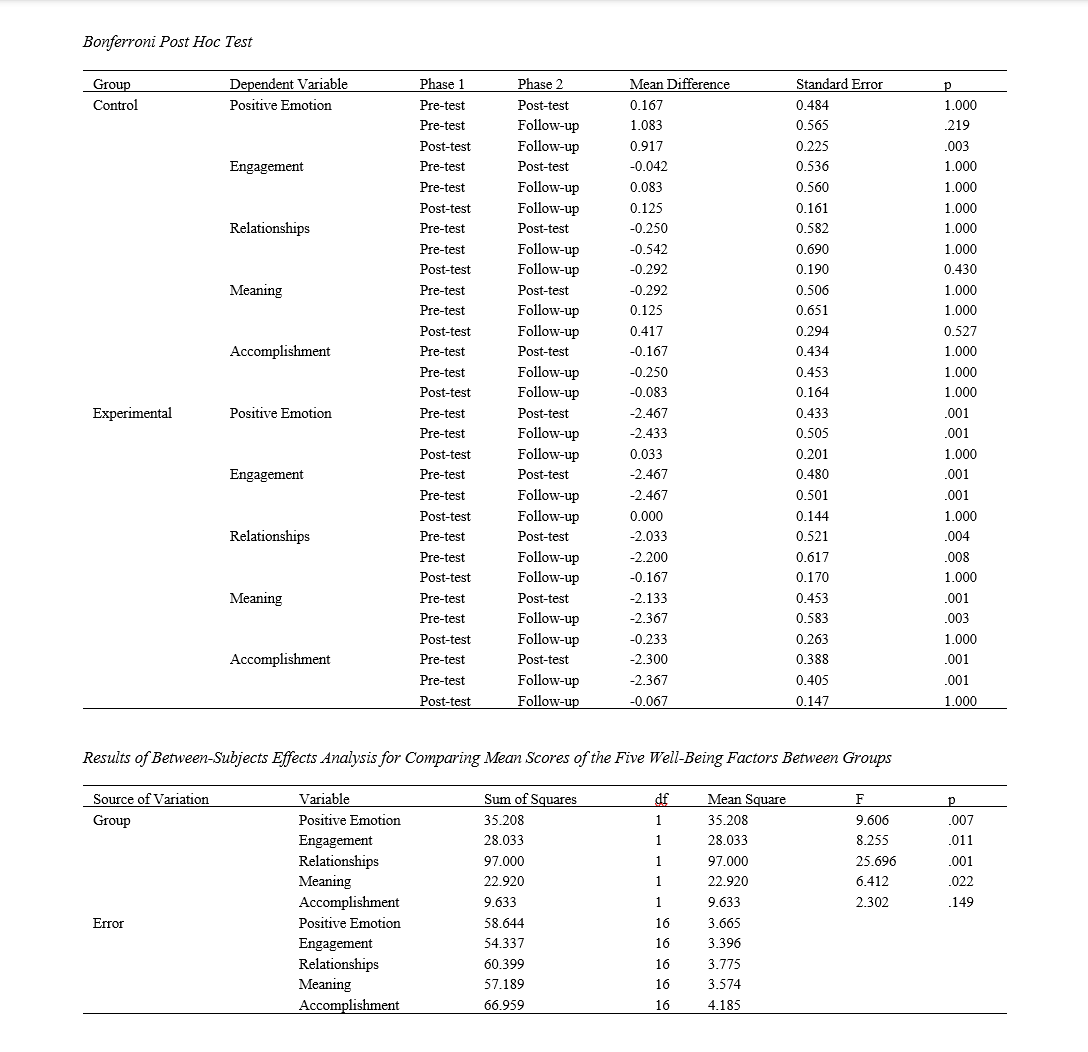The Effectiveness of an Integrative Coaching Psychology Intervention Program on the Well-Being of Parent with Preadolescent with Symptoms of Externalizing Disorders
Keywords:
Coaching Psychology, Integrative Coaching Psychology, Externalizing Disorder, Well-being, Parental Well-beingAbstract
Objective: The objective of this study was to evaluate the effectiveness of an integrative coaching psychology intervention program on the well-being of parent with preadolescent with symptoms of externalizing disorders.
Methods and Materials: This quasi-experimental study utilized a mixed between-within subjects design, including one experimental group and one control group, with random assignment and pre-test, post-test, and two-month follow-up assessments. The participants were parents of preadolescent diagnosed with symptoms of externalizing disorders, selected through purposive sampling. The intervention involved a 10-week integrative coaching psychology program. Data were collected using the PERMA well-being questionnaire and the Achenbach Child Behavior Checklist (CBCL). Data analysis included descriptive statistics and two-way repeated measures ANOVA to evaluate the impact of the intervention.
Findings: The results indicated a significant improvement in the well-being scores of the experimental group from pre-test to post-test and follow-up stages (p < .01), with no significant difference between post-test and follow-up scores, indicating the stability of the intervention's effects. The experimental group also showed significantly lower scores in negative emotions and loneliness, and higher scores in overall happiness, health, and well-being compared to the control group. The control group did not exhibit significant changes across the stages.
Conclusion: The integrative coaching psychology intervention program was effective in enhancing the well-being of parent with preadolescent with symptoms of externalizing disorders. The program led to significant improvements in positive emotions, engagement, relationships, meaning, and accomplishment, while reducing negative emotions and loneliness.
Downloads

Downloads
Additional Files
Published
Submitted
Revised
Accepted
Issue
Section
License
Copyright (c) 2024 Amir Mohammad Pahlavnejad (Author); Afsaneh Ghanbaripanah (Corresponding Author); Farahnaz Nourmohammadi, Kambiz Poushaneh (Author)

This work is licensed under a Creative Commons Attribution-NonCommercial 4.0 International License.






















